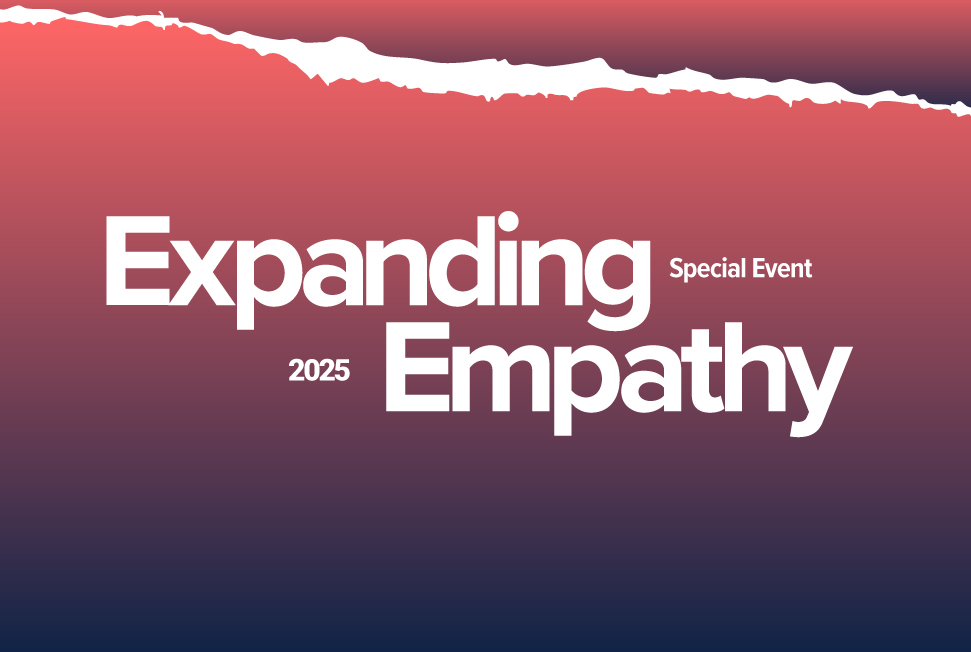Political Divisions and Morality: An Interdisciplinary Conversation
This event will bring together researchers in psychology, political science, communications, philosophy, sociology, and anthropology to discuss political divisions and moral decision-making. The event will be in person at Foster Auditorium on campus, with live-streaming on Zoom as well. The aim of the conference is to cultivate cross-disciplinary dialogues about this topic and generate new research collaborations.
Upcoming Events
The weekly meeting of the Empathy and Moral Psychology (EMP) Lab, directed by Daryl Cameron in the Department of Psychology. We will discuss research articles and in progress projects. Email Professor Cameron (cdc49@psu.edu) if you’d like a Zoom link to attend virtually.
Past Events
How Can We Improve Our Decisions? Results From Multiple Methods And Experiments
Dr. Nick Byrd (Geisinger Health System) visited the Consortium virtually to discuss his work on cognitive reasoning, philosophical thought experiments, and public-focused decision-making. Click here to watch the video of his talk.
Dr. Cameron Leads PRC Seminar on “Empathic Choices and Interdisciplinary Moral Psychology”
Dr. Cameron visited with the Edna Bennett Pierce Prevention Research Center and gave a talk on his work on motivated empathy regulation, and also discussed the interdisciplinary vision behind the Consortium on Moral Decision-Making. For more about the talk topic: https://prevention.psu.edu/event/seminar-with-daryl-cameron-ph-d.
Moral Snowballing: Confluences in the Depth and Breadth of Moral Concern
Joshua Rottman (Psychology at Franklin & Marshall College, and Fellow in Oxford Uehiro Center for Ethics) visited Penn State to talk about his research on the depth and breadth of moral concern. Watch the presentation below.
Moral Psychology Research Group/Consortium Conference 2024
In November 2024, the Consortium on Moral Decision-Making will be hosting a cross-over event with the Moral Psychology Research Group (https://sites.google.com/view/mprg/home), an interdisciplinary group of philosophers and psychologists. The aim of the conference was to bring together scholars from across the social sciences and humanities to have interdisciplinary conversations and build collaborations that advance the study of ethical and moral decisions.
Expanding Empathy: Empathy, Morality, and AI
How does AI provide, sustain, support, and challenge empathy? In April 2024, we brought together psychologists, philosophers, engineers, and computer scientists to discuss the interdisciplinary challenges of empathy and morality in human-AI interactions. Speakers visited in person and online from around the world.
Political Polarization Hack-a-Thon
We convened several researchers in psychology, political science, media studies, communication arts and sciences, and sociology to brainstorm new actionable ideas in political polarization and morality.
Consortium Seed Grant Presentations
Many of the seed grant award teams presented on their projects.
Seed Grant Talk: Empathy and Ovarian Hormones
David Puts (Professor in Anthropology) talked about his seed-grant funded work with Sojung Bank and colleagues on empathy and the activation of ovarian hormones. Watch the presentation below.
Seed Grant Talk: Empathic Signaling and Social Capital Among Bangladeshi Women
Sojung Baek (doctoral candidate in Anthropology) talked about her seed grant-funded work with David Puts (Anthropology) and others.
When “not caring” makes little sense
Dr. Sean Laurent (Assistant Professor in Psychology) presented in progress work related to democratic virtues and decision-making called “When ‘not caring’ makes little sense: The role of desire in moral character judgments of side-effect effects”.
What Impact Does Race Have on Support for Public Safety Alternatives to the Police?
Dr. Ben Jones (Assistant Professor of Public Policy, Assistant Director of Rock Ethics Institute) talked about a project examining race, policing, and policy alternatives.
Civic Education for a Serious People
Dr. Christopher Beem (Associate Research Professor and Managing Director, McCourtney Institute for Democracy) presented in progress work related to democratic virtues and decision-making called “Civics Education for a Serious People: 2 Proposals”. This meeting built from our previous meeting, in which we convened several different researchers to discuss complementary approaches to studying political polarization, with the aim of cultivating new projects.
Consortium Meeting on Political Polarization
During this meeting, faculty and graduate students had some great discussion surrounding our multidisciplinary interests in political polarization.
We are hoping that this meeting was a valuable starting point for considering grant applications, long term projects, etc.
First Consortium Meeting of the Semester
Dr. Terri Vescio, Professor of Psychology, presented a talk discussing idealized notions of masculinity that are culturally valued and linked to power, status, and success. She discussed the role of empathy in the socialization of masculinity. She also discussed the causes and consequences of threats to masculinity, with a specific focus on empathy and the sexualization of women.
